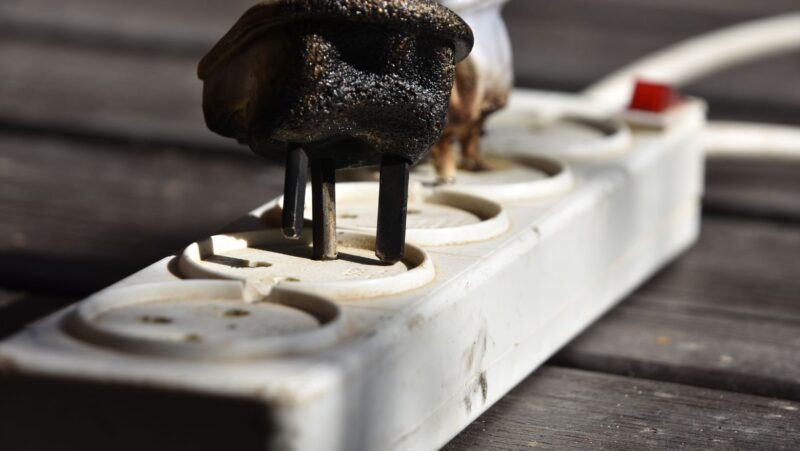
An NBA Europe league is on the way. Photo via https://x.com/MarcMundet78/status/1905583182751183021/photo/1
While all eyes are glued on the 2025 NBA Playoffs, there is an interesting subplot bubbling away as we approach the summer. Namely, the plans for the NBA to expand to Europe. The plans look fairly concrete, although there are lots of details to iron out. Nonetheless, it feels somewhat inevitable in the near future that we do get an NBA Europe league.
There is certainly some opposition to the idea, and we will get to some of the controversial elements in a moment, but it is worth stressing that the time feels right to, at the very least, start the ball rolling. It will take years for any plans to come to fruition, but the direction of travel for the sport in Europe means this is a huge opportunity.
A Fertile Land for Basketball Talent
We know that more Europeans are making an impact in the NBA than ever before. We can cite established superstars like Luka Doncic and Nikola Jokic, as well as those tipped to lead the next generation, such as Victor Wembanyama. It simply wasn’t like this 10-15 years ago. About 15% of NBA players today are European. Yet, it is also the millions of millions of NBA fans across the continent who make the prospect make sense. It’s a market that is hyper-engaged with the sport: watching the games, listening to NBA podcasts, backing their teams in the latest NBA odds, following players on socials, everything that domestic fans do.
The Format
The concept floated by NBA Commissioner Adam Silver is for a 16-team league. There would be 12 permanent members, with four additional teams participating (presumably through a qualifying system). Games would have a 40-minute length, keeping in tune with the standard European system (NBA games are played over 48 minutes of court time). There is little else given in terms of detail, including the identity of the clubs that would compete. However, several EuroLeague teams have expressed interest.
<iframe width=”560″ height=”315″ src=”https://www.youtube.com/embed/1GyphbJPdSc?si=x5oDfJDnwE-FlgsA” title=”YouTube video player” frameborder=”0″ allow=”accelerometer; autoplay; clipboard-write; encrypted-media; gyroscope; picture-in-picture; web-share” referrerpolicy=”strict-origin-when-cross-origin” allowfullscreen></iframe>
The End of the EuroLeague?
Speaking of the EuroLeague, that would be the competition most at risk from NBA Europe. The EuroLeague itself is a breakaway competition from the traditional FIBA system in Europe. While it would be controversial to end a competition that has legions of passionate fans, EuroLeague teams are losing money. The key aspect is that they are failing to secure significant broadcasting money. The NBA would easily do a better job of getting a slice of Europe’s multi-billion-dollar sports broadcasting market.
The Critics
Aside from the potential dissolution of the EuroLeague, critics argue that this could have many unintended consequences, including the dilution of talent pools across the sport. There’s also the issue of potentially bequeathing franchises to cities and sports associations without any basketball heritage. For instance, there is talk of putting a Manchester City basketball team in to compete in the competition. It’s a huge soccer team, yes, but there is no basketball legacy. Putting a ‘new’ team into the competition means an established one would miss out.
The Opportunity
The NBA is really focused on going global, and it certainly won’t stop at Europe’s borders. There are huge opportunities to expand into Asia, Africa, and Australasia. We could have a scenario where there are veritable international club competitions – consider the NBA Champion meeting the NBA Europe Champion at the end of the Playoffs each season. It could take the sport global, challenging soccer as the supreme sport of choice among fans.
The Timeline
As mentioned, only the broad details have been laid out, so we don’t know exactly when or how NBA Europe will come to pass. However, we do know that the green light has been given, with unanimous backing from FIBA’s board, to go ahead with the project. You should expect the NBA to start laying out concrete plans sooner rather than later.














